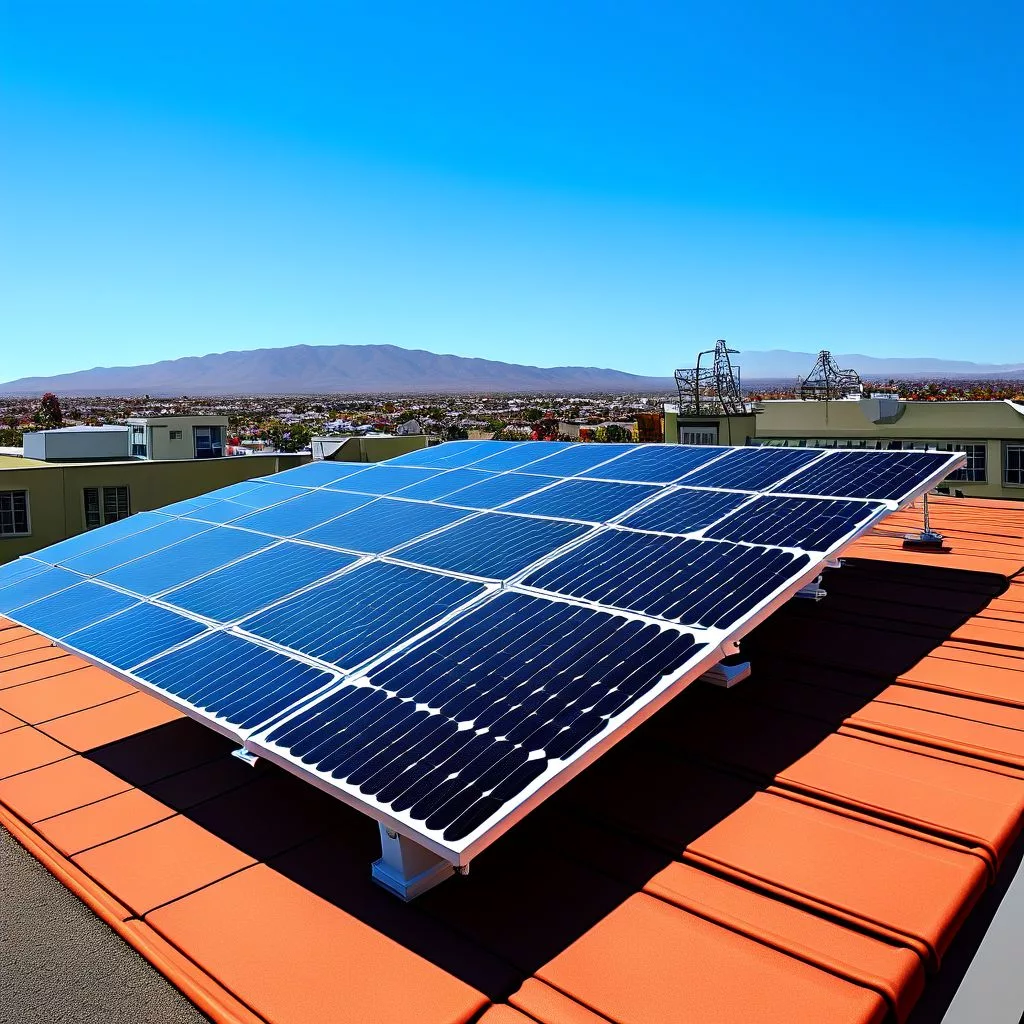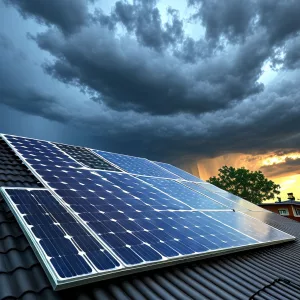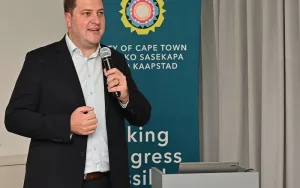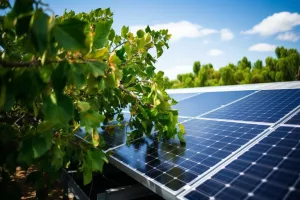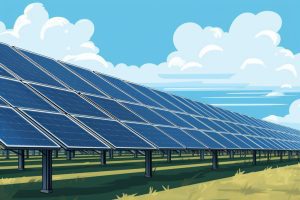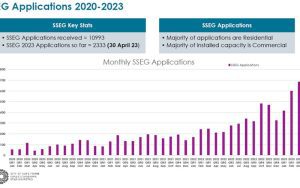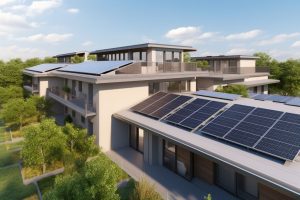Cape Town residents are finding hope in solar energy through GoSolr’s subscription model, which promises to cut electricity bills while ensuring users save more than with Eskom. This easytounderstand plan guarantees no financial risk; if savings fall short, GoSolr covers the difference. With Cape Town’s sunny climate, families not only gain financial relief but also energy independence, especially during power outages. By choosing solar, they are taking a big step toward a greener future and helping the planet at the same time. It’s a bright solution for a brighter tomorrow!
Starting April 1, 2026, South African homeowners with solar panels will face big changes. Eskom, the main power company, will raise fixed charges by 88% and require homeowners to pay R20,000 to R50,000 for new compliance costs. If they don’t meet these rules, they could be cut off from the electricity grid. This shift has sparked criticism as many worry it will make solar power too expensive for average families, even as it aims to offer fairer costs for everyone using the grid. As homeowners navigate these new rules, they are at a crossroads in balancing the benefits of solar energy with rising costs and regulations.
Cape Town is leading the way in renewable energy with its pioneering Energy Services Applications platform, which streamlines the application process for solar PV systems and significantly reduces the waiting period for authorisation. The city is committed to promoting solar power investment and reducing reliance on Eskom, while also ensuring the safety and integrity of solar PV systems. Residents and businesses can easily join the renewable energy revolution through the userfriendly online portal, which also offers incentives such as the Cash for Power programme.
iKaya Primary School in South Africa is leading the way in energy sustainability by installing a photovoltaic system and energyefficient lights, which will save R30,000 on its annual electricity costs. The project is a collaboration between Stellenbosch University, the Western Cape Education Department, and other partners, and aims to provide IoT energy management and lighting efficiency retrofits at 75 nofee schools. The project has already helped several schools reduce their electricity expenses and iKaya Primary is among ten schools that have benefited. The project serves as an example of how educational institutions, government bodies, and private partners can work together to develop sustainable solutions.
Protea Heights Academy (PHA) in Brackenfell, South Africa, is a leading example of environmental stewardship in the education sector. Since 2019, the school’s solar installation has prevented the emission of nearly 250 tonnes of carbon dioxide and generated over 200,000 kWh of clean energy. By installing an additional 144 solar panels, PHA is further boosting the school’s sustainable practices and reducing its reliance on carbonintensive energy sources.
Solar power is rapidly becoming a popular sustainable energy choice for residential and commercial applications. However, recent incidents have raised concerns over the safety of this technology. In July of last year, a fire broke out at Vodacom’s Century City headquarters, leading to speculations that the solar panels on the building’s roof caused the blaze.
Cape Town is witnessing a significant increase in rooftop solar photovoltaic (PV) applications, driven by incentive programs aimed at reducing loadshedding. Mayor Geordin HillLewis has confirmed that March 2023 saw the highest number of new solar PV installation applications to date.
The current energy crisis in South Africa has forced citizens to consider alternative energy sources to minimize the impact of power outages on their daily lives. In response to this issue, Western Cape Premier Alan Winde proposed incentivizing solar energy installations for both homeowners and businesses during the 10th Energy Digicon.

